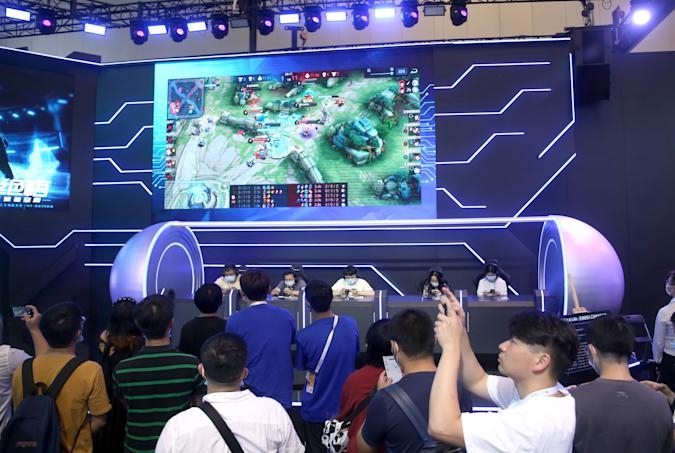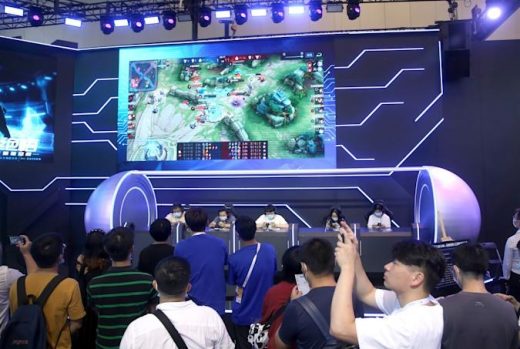China further slashes kids’ gaming time to just three hours a week
Tencent limits how long kids can play its flagship game, ‘Honor of Kings’
Those aged under 18 can only play for one hour during weekdays.


China’s regulatory war against its tech giants isn’t limited to data. After opening a front in gaming back in 2018, the government is now adding to the restraints the biggest publishers face. Tencent is first on the chopping block. The publisher has been forced to further slash playing time on Honor of Kings for those aged under 18 to one hour during regular days and two hours on weekends. The rules, designed to appease the country’s all-powerful censors, come into effect today, according to state media outlet the South China Morning Post.
Previously, play time in China was capped at 90 minutes per day during the week and three hours per day at weekends and holidays as part of broader rules introduced in 2019. Additional restrictions banned younger gamers from playing between 10 p.m. and 8 a.m. and curbed how much they could spend on downloadable content.
Honor of Kings is a hugely popular multiplayer online battle arena game developed by Tencent subsidiary TiMi Studio Group, also known for Call of Duty: Mobile and Pokémon Unite. As of November, the mobile title boasted 100 million players. But, its success has also brought with it increased scrutiny. In June, Tencent found itself at the center of a lawsuit that accused it of including “inappropriate” content in Honor of Kings, including characters with low-cut clothes and historical inaccuracies.
The latest crackdown comes amid growing fears in China over the addictive nature of video games. On Tuesday, a state-affiliated media outlet described the products produced by the gaming industry as “spiritual opium.” The article continued: “No industry or sport should develop at the price of destroying a generation.”
Therein lies the broader issue. China is currently grappling with a generational divide that has seen younger citizens reject the competitive lifestyle pressures heaped upon them. This stance is encapsulated by the “tang ping,” or “lying flat,” philosophy embraced by a growing number of Gen Z Chinese. In a nutshell, it signifies those who choose not to work hard, not to buy property and not to marry and have children.
Instead of addressing the societal complaints, China is choosing to deflect the blame onto the gaming industry.
(13)


